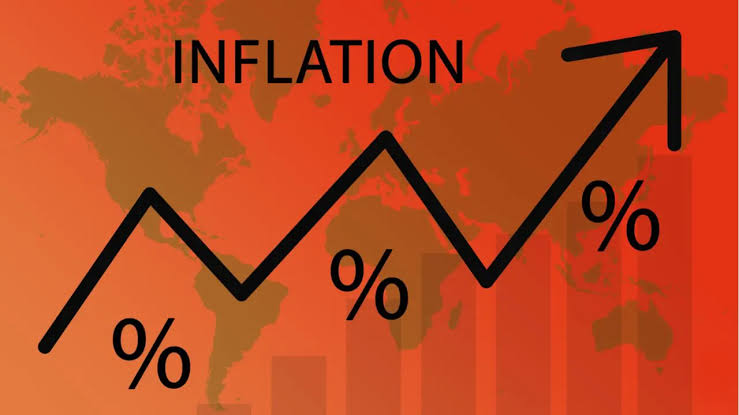CPPE COMMENTS ON JULY 2025 INFLATION REPORT
The July 2025 inflation figures present a mixed outlook for the Nigerian economy, with notable improvements in some key indicators but lingering risks that demand policy attention.
Positive Trends
Headline inflation declined for the fourth consecutive month, easing from 22.22% in June to 21.88% in July, a deceleration of 0.34%. Month-on-month food inflation also moderated, falling from 3.25% in June to 3.12% in July, while core inflation posted marginal declines year-on-year (-0.03%) and a sharp slowdown month-on-month, from 3.46% to 0.97%.
These developments reflect a gradually stabilizing macroeconomic environment, supported by exchange rate stability, improved investor confidence, and the lingering impact of import duty waivers on key staples such as rice, maize, and sorghum. The base effect, given the high inflationary conditions in 2022, has also been a strong factor in the recent downward trend.
Emerging Concerns
Despite these gains, pressures persist. Month-on-month headline inflation rose from 1.68% in June to 1.99% in July, while year-on-year food inflation inched up from 21.97% to 22.74%. These movements underscore the continuing vulnerability of the economy to supply-side shocks.
Policy Implications
The outlook calls for caution and sustained reforms. Key priorities include:
Conclusion
The July 2025 inflation report provides a basis for cautious optimism. While progress has been made in moderating headline and core inflation, the persistence of food and month-on-month price increases highlights unresolved structural weaknesses. A coordinated mix of monetary, fiscal, and structural interventions will be required to consolidate recent gains and steer the economy toward sustained stability.
DR MUDA YUSUF
DIRECTOR/CEO
CENTRE FOR THE PROMOTION OF PRIVATE ENTERPRISE [CPPE]
17TH AUGUST 2025




